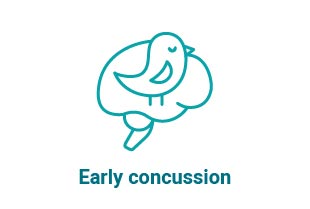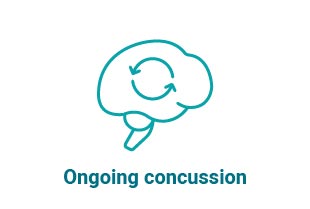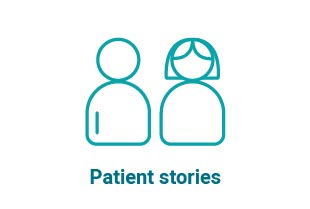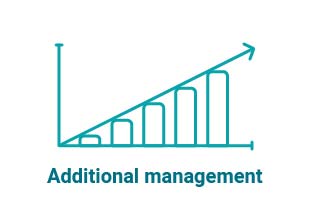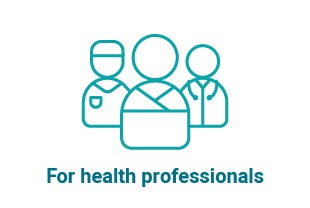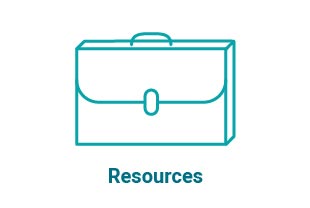Concussion
What is concussion?
Concussion or mild head injury (PDF) is a complex process affecting the brain, due to traumatic mechanical forces within the body. It is not whiplash, migraine or vestibular dysfunction although you can suffer these injuries alongside a concussion due to the nature of the fall / hit / knock to the head.
![]() Following a concussion you may find it difficult to:
Following a concussion you may find it difficult to:
- concentrate for long periods
- visually scan or focus
- process a lot of written information.
You will notice audio links throughout this website to help with this. Listen to your body and if you cannot read anymore, press the audio button, close your eyes and listen to the information.
It may also be useful to go through this information with a trusted friend or family member who can help guide you through the website if you get tired or remind you to take a break when you have had enough. There are a range of resources and links in purple that you can click on for more information.
For most people, symptoms improve within 1 to 4 weeks. If you have had a concussion before, especially if you have not fully recovered, you may take longer to recover. If your symptoms do not settle within a reasonable time-frame, or you are concerned, you could see your GP or a healthcare professional who is experienced in concussion management. A reasonable time-frame is 10 to 14 days for adults and 4 weeks for children.
 Factors impacting recovery
Factors impacting recovery
Many factors can impact on your capacity to return to previous roles / activities in the same way that you could do them before your concussion. While the severity of your concussion can be the main barrier, other potential barriers include:
- Current stress and anxiety
- Financial pressures
- Inconsistent support / understanding
- High expectation of self
- Lack of acceptance of current capacity
- Lack of supportive / flexible workplace
- Musculoskeletal (eg. neck) injury and pain
- Damage to your inner ear
- Early return to sport / work / studies
- Previous concussions / head injuries
- Dizziness
- History of migraines
- Doing too much or doing too little
Thank you to all the services and individuals within Perth / WA who have helped put this information together, as a concussion and it’s management requires a coordinated and consistent approach. This collaboration allows people post-concussion to go to this website, to better understand their condition and make informed decisions to help their recovery.


